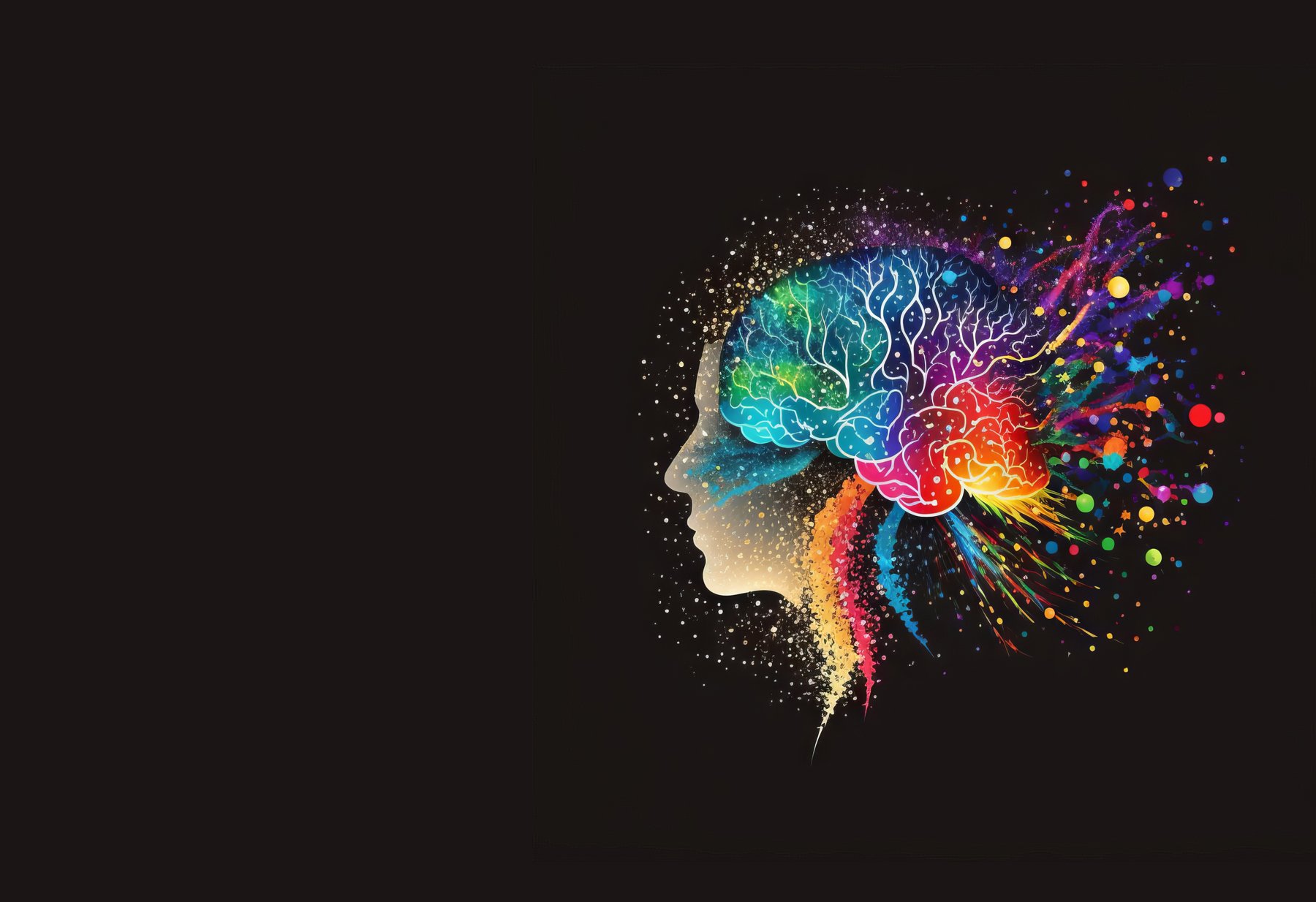
“Find peace within, conquer stress, and nurture your mind with mindfulness and meditation.”
Mindfulness and meditation have gained significant attention in recent years for their numerous benefits in reducing stress and enhancing mental well-being. These practices involve focusing one’s attention on the present moment, cultivating a non-judgmental awareness of thoughts and emotions. Research has shown that mindfulness and meditation can effectively reduce stress levels, improve emotional regulation, enhance concentration, and promote overall mental well-being. In this article, we will explore the various benefits of mindfulness and meditation in detail, highlighting their potential to alleviate stress and foster a healthier mind.
The Impact of Mindfulness and Meditation on Stress Reduction
The Impact of Mindfulness and Meditation on Stress Reduction
In today’s fast-paced and demanding world, stress has become a common part of our daily lives. Whether it’s work-related pressures, personal challenges, or the constant bombardment of information, stress can take a toll on our mental and physical well-being. Fortunately, there are effective techniques that can help us manage and reduce stress, such as mindfulness and meditation.
Mindfulness is the practice of being fully present and aware of our thoughts, feelings, and sensations in the present moment, without judgment. It involves paying attention to our experiences with curiosity and acceptance. On the other hand, meditation is a technique that involves focusing our attention and eliminating the stream of thoughts that often clutter our minds.
Numerous studies have shown that mindfulness and meditation can have a profound impact on stress reduction. One study conducted by researchers at the University of Massachusetts Medical School found that individuals who participated in an eight-week mindfulness-based stress reduction program experienced significant reductions in stress levels. They reported feeling more relaxed, less anxious, and better equipped to handle stressful situations.
The reason mindfulness and meditation are so effective in reducing stress lies in their ability to activate the body’s relaxation response. When we are stressed, our bodies go into a fight-or-flight mode, releasing stress hormones such as cortisol and adrenaline. This response is helpful in short bursts, but when it becomes chronic, it can have detrimental effects on our health. Mindfulness and meditation help counteract this response by activating the parasympathetic nervous system, which promotes relaxation and reduces the production of stress hormones.
Moreover, mindfulness and meditation can also improve our mental well-being. They have been shown to reduce symptoms of anxiety and depression, increase feelings of happiness and contentment, and improve overall psychological well-being. By practicing mindfulness and meditation, we can cultivate a greater sense of self-awareness and develop a more positive outlook on life.
Another benefit of mindfulness and meditation is their ability to enhance our cognitive functioning. Research has shown that regular practice can improve attention, focus, and memory. By training our minds to stay present and focused, we become better equipped to handle the demands of our daily lives. This can be particularly beneficial in high-stress situations, where the ability to think clearly and make rational decisions is crucial.
Furthermore, mindfulness and meditation can also improve our relationships with others. When we are stressed, we often become reactive and easily triggered, leading to conflicts and misunderstandings. By practicing mindfulness and meditation, we can develop greater empathy and compassion towards ourselves and others. This allows us to respond to challenging situations with more patience and understanding, fostering healthier and more fulfilling relationships.
In conclusion, mindfulness and meditation are powerful tools for stress reduction and mental well-being. They activate the body’s relaxation response, reduce symptoms of anxiety and depression, improve cognitive functioning, and enhance our relationships with others. By incorporating these practices into our daily lives, we can cultivate a greater sense of peace, resilience, and overall well-being. So why not give it a try? Take a few moments each day to be fully present and observe the transformative effects it can have on your life.
Enhancing Mental Well-being through Mindfulness and Meditation
Enhancing Mental Well-being through Mindfulness and Meditation
In today’s fast-paced and demanding world, stress has become a common part of our lives. The constant pressure to meet deadlines, juggle multiple responsibilities, and maintain a work-life balance can take a toll on our mental well-being. Fortunately, there are effective techniques that can help us reduce stress and improve our overall mental health. Mindfulness and meditation have gained significant attention in recent years for their ability to enhance mental well-being.
Mindfulness is the practice of being fully present and aware of our thoughts, feelings, and sensations in the present moment, without judgment. It involves paying attention to our experiences without getting caught up in them or reacting to them. By cultivating mindfulness, we can develop a greater sense of self-awareness and learn to respond to stressors in a more calm and balanced manner.
Meditation, on the other hand, is a technique that involves focusing our attention and eliminating the stream of thoughts that often clutter our minds. It allows us to enter a state of deep relaxation and tranquility, promoting a sense of inner peace and well-being. Through regular meditation practice, we can train our minds to become more focused and resilient, enabling us to better cope with stress and anxiety.
One of the key benefits of mindfulness and meditation is their ability to reduce stress. When we practice mindfulness, we become more aware of our stress triggers and can take proactive steps to manage them. By observing our thoughts and emotions without judgment, we can gain a better understanding of the underlying causes of our stress and develop healthier coping mechanisms. Similarly, meditation helps us relax our minds and bodies, reducing the production of stress hormones and promoting a state of calmness and relaxation.
In addition to stress reduction, mindfulness and meditation have been shown to improve mental well-being in various ways. Research has found that regular mindfulness practice can enhance our overall happiness and life satisfaction. By focusing on the present moment and cultivating gratitude, we can develop a more positive outlook on life and appreciate the simple joys that often go unnoticed. Moreover, mindfulness has been found to reduce symptoms of depression and anxiety, providing individuals with a greater sense of emotional well-being.
Furthermore, mindfulness and meditation can improve our cognitive abilities. Studies have shown that regular meditation practice can enhance attention, memory, and problem-solving skills. By training our minds to stay focused and present, we can improve our ability to concentrate and make better decisions. This can be particularly beneficial in high-pressure situations where mental clarity is crucial.
Incorporating mindfulness and meditation into our daily lives does not require a significant time commitment. Even just a few minutes of practice each day can yield noticeable benefits. There are various techniques and resources available to help individuals get started, such as guided meditation apps and mindfulness courses. By making mindfulness and meditation a regular part of our routine, we can enhance our mental well-being and better navigate the challenges of modern life.
In conclusion, mindfulness and meditation offer numerous benefits for stress reduction and mental well-being. By cultivating mindfulness, we can become more self-aware and develop healthier ways of coping with stress. Meditation, on the other hand, promotes relaxation and tranquility, allowing us to find inner peace amidst the chaos of daily life. These practices not only reduce stress but also improve our overall mental health, happiness, and cognitive abilities. By incorporating mindfulness and meditation into our lives, we can enhance our mental well-being and lead more fulfilling lives.
Exploring the Benefits of Mindfulness and Meditation for Stress Management
The fast-paced and demanding nature of modern life can often leave us feeling overwhelmed and stressed. The constant pressure to meet deadlines, juggle multiple responsibilities, and keep up with the ever-increasing demands of work and personal life can take a toll on our mental well-being. In such times, it becomes crucial to find effective ways to manage stress and promote a sense of calm and balance. One approach that has gained significant attention in recent years is mindfulness and meditation.
Mindfulness is the practice of being fully present in the moment, without judgment or attachment to thoughts or emotions. It involves paying attention to our thoughts, feelings, and bodily sensations with curiosity and acceptance. Meditation, on the other hand, is a technique that involves focusing the mind on a particular object, thought, or activity to achieve a state of mental clarity and emotional calm. Both mindfulness and meditation have been shown to have numerous benefits for stress reduction and mental well-being.
One of the key benefits of mindfulness and meditation is their ability to reduce stress levels. When we practice mindfulness, we become more aware of our thoughts and emotions, allowing us to recognize and respond to stress triggers more effectively. By cultivating a non-judgmental attitude towards our experiences, we can develop a greater sense of acceptance and resilience in the face of stressors. Similarly, meditation helps to calm the mind and relax the body, reducing the production of stress hormones and promoting a state of deep relaxation.
In addition to stress reduction, mindfulness and meditation have been found to improve overall mental well-being. Regular practice has been shown to enhance self-awareness and self-compassion, allowing us to develop a more positive and accepting attitude towards ourselves. This can be particularly beneficial for individuals struggling with low self-esteem or negative self-talk. Moreover, mindfulness and meditation have been found to increase feelings of happiness and contentment, as well as improve overall mood and emotional regulation.
Furthermore, mindfulness and meditation have been shown to have a positive impact on physical health. Chronic stress has been linked to a wide range of health problems, including cardiovascular disease, immune system dysfunction, and digestive disorders. By reducing stress levels, mindfulness and meditation can help to prevent or alleviate these health issues. Additionally, research has shown that regular practice can improve sleep quality, boost immune function, and reduce inflammation in the body.
Another important benefit of mindfulness and meditation is their ability to enhance cognitive function. Studies have found that regular practice can improve attention, memory, and decision-making skills. By training the mind to focus and concentrate, mindfulness and meditation can help to overcome distractions and improve overall cognitive performance. This can be particularly beneficial for individuals who struggle with attention deficit disorders or age-related cognitive decline.
In conclusion, mindfulness and meditation offer a range of benefits for stress reduction and mental well-being. By cultivating a present-moment awareness and developing a non-judgmental attitude towards our experiences, we can effectively manage stress and promote a sense of calm and balance in our lives. Moreover, regular practice can improve overall mental well-being, enhance physical health, and boost cognitive function. Whether through formal meditation sessions or incorporating mindfulness into daily activities, integrating these practices into our lives can have a profound and positive impact on our overall well-being.In conclusion, mindfulness and meditation have been found to offer numerous benefits for stress reduction and mental well-being. These practices can help individuals develop a greater sense of self-awareness, improve their ability to manage stress, enhance emotional well-being, and promote overall mental health. Regular mindfulness and meditation practice can lead to reduced anxiety, improved focus and attention, increased resilience, and a greater sense of inner peace. Incorporating these practices into daily life can contribute to a healthier and more balanced mind, ultimately improving overall well-being.





